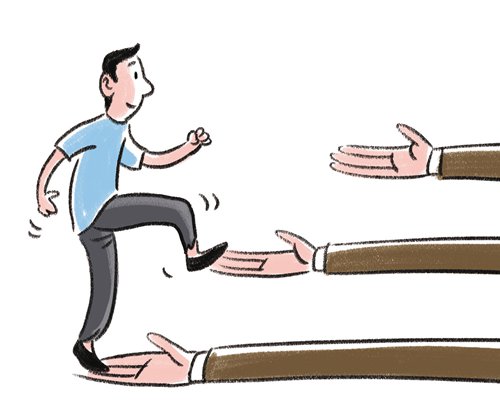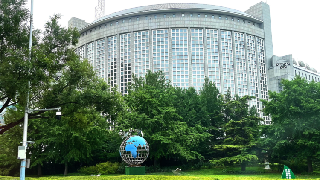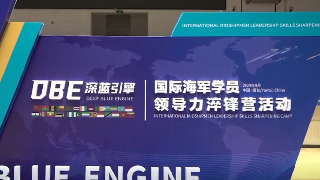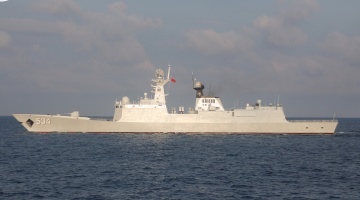
Coming with China's increasing national strength is its expanding foreign aid footprint, which has led to erroneous perceptions both at home and abroad. Some developing countries hold unrealistic expectations of China, while inside the country the public is not fully aware of the necessity of offering foreign aid. On the internet, statements taking potshots like "China is going to be the ATM again" are common. Therefore, it is necessary to clear the air on China's foreign aid for the public at home and abroad.
First, as the largest developing country, China needs not only to fulfill its international obligations, but also to take into account domestic development. Currently, the per capita GDP of China is less than $10,000 and the manufacturing sector accounts for 40 percent of GDP. Such an economic structure is typical of a developing country. Besides, with a large poverty-stricken population, a wide development gap between the eastern, central and western regions, as well as a disparity in individual income, China itself still needs substantial financial support for poverty reduction, health care, education, environment protection and infrastructure improvement.
To offer assistance within its capacity is one of the basic traits of China's foreign aid. "Teaching one to fish is better than giving him fish" has become a principle of China's foreign aid policy. Instead of simply offering money, equipment and supplies, China has started to launch a large number of educational training and capacity-building projects to help developing countries improve their infrastructure, education and health care. Such foreign aid reflects the responsibility of China as a global power. It is within China's capacity, and not a drain on domestic development demand.
Second, since the Belt and Road initiative (BRI) was proposed, China has worked together with countries along the Belt and Road to promote policy communication, facility connection, unimpeded trade, financial integration and people-to-people bonds. The BRI is a giant transcontinental platform for international economic cooperation, as well as a systematic platform for cooperation and development. Its core is to promote the common development of all countries through mutual trade and investment. The vast majority of the infrastructure projects launched by China and countries along the Belt and Road are carried out under the practice of project contracting, with a small part being constructed by Chinese assistance.
Third, the purpose of China's foreign aid is to offer timely help, rather than to deprive the recipient countries of the quality of being self-reliant. China will never encourage dependent mentality in the international community, but will help other developing countries gain strength, and find their own way to development.
Fourth, China offers aid with no political strings attached and respects the unique domestic conditions and state of development of every country. Recently, people in the West have tried to badmouth China's foreign aid, claiming that it is responsible for some developing countries' excessive foreign debt, which reflects their ulterior motives that run against the truth. Chinese investors, financiers and project contractors all have their own internal risk identification and control systems. Institutions will have their own plans and arrangements irrespective of the profitability potential of the project, no matter the recipient country can pay back the money or not. The reasons for some countries being plagued with debt are complex and multifarious. China is not the one to be blamed.
The author is director of the Institute for West Asia and Africa, Ministry of Commerce.
?









